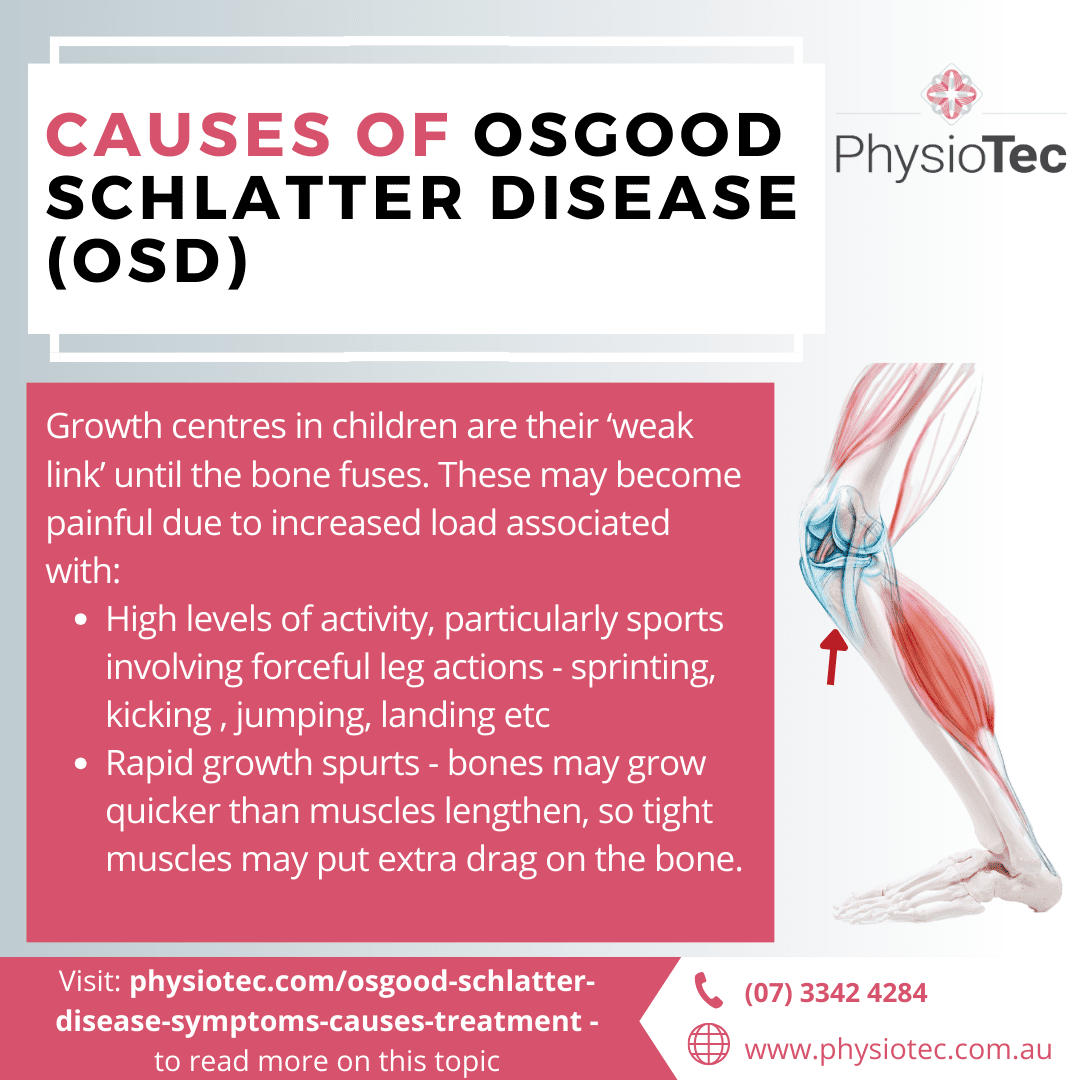Chewing Gum Benefits: Oral Health Boost

The simple act of chewing gum has been a part of human culture for thousands of years, with ancient civilizations such as the Mayans and Aztecs chewing on various forms of gum to clean their teeth and freshen their breath. Today, the benefits of chewing gum extend far beyond mere oral hygiene, with modern research highlighting its potential to boost overall oral health.
One of the primary ways in which chewing gum benefits oral health is by stimulating saliva production. Saliva plays a crucial role in maintaining the health of our teeth and mouth, as it helps to neutralize acid, remineralize teeth, and wash away bacteria and food particles. When we chew gum, the mechanical action of chewing stimulates the salivary glands, causing them to produce more saliva. This increase in saliva production can help to:
- Neutralize acid and reduce the risk of tooth decay
- Remineralize teeth and prevent enamel erosion
- Wash away bacteria and food particles, reducing the risk of gum disease
- Freshen breath and leave the mouth feeling clean and refreshed
In addition to stimulating saliva production, chewing gum can also help to remove loose food particles and plaque from the surface of the teeth. This can be especially beneficial for individuals who are prone to getting food stuck in their teeth, or who have a tendency to snack throughout the day. By chewing gum regularly, individuals can help to keep their teeth clean and reduce the risk of oral health problems.
Some chewing gums also contain active ingredients such as xylitol, which has been shown to have antibacterial properties and can help to prevent the growth of Streptococcus mutans, a type of bacteria that is commonly associated with tooth decay. Xylitol works by inhibiting the ability of bacteria to adhere to the surface of the teeth, making it more difficult for them to form plaque and cause cavities.
While chewing gum can be a valuable tool for maintaining good oral health, it is not without its limitations. For example, some individuals may experience jaw pain or temporomandibular joint (TMJ) disorders as a result of chewing gum, especially if they chew excessively or with a lot of force. Additionally, chewing gum is not a substitute for regular dental care, and individuals should still visit their dentist regularly for check-ups and cleanings.
In conclusion, chewing gum can be a simple and effective way to boost oral health, by stimulating saliva production, removing loose food particles, and providing antibacterial benefits. By choosing the right type of gum and incorporating it into a comprehensive oral health routine, individuals can help to maintain healthy teeth and gums, and reduce the risk of oral health problems.
FAQs:
Is chewing gum good for my teeth?
+Chewing gum can be beneficial for oral health, as it stimulates saliva production, removes loose food particles, and provides antibacterial benefits. However, it is not a replacement for regular brushing and flossing.
What type of gum is best for oral health?
+Look for gum that contains xylitol or other oral health-promoting ingredients. Avoid gum that contains sugar, as this can actually contribute to tooth decay and other oral health problems.
How long should I chew gum for oral health benefits?
+Chew gum for at least 10-15 minutes after meals to stimulate saliva production and help remove loose food particles.
Can I use chewing gum as a substitute for brushing and flossing?
+No, chewing gum should not be used as a substitute for regular brushing and flossing. While it can be a valuable addition to a comprehensive oral health routine, it is not a replacement for these essential habits.
Are there any risks associated with chewing gum for oral health?
+Yes, some individuals may experience jaw pain or TMJ disorders as a result of chewing gum, especially if they chew excessively or with a lot of force. Additionally, chewing gum that contains sugar can actually contribute to tooth decay and other oral health problems.

